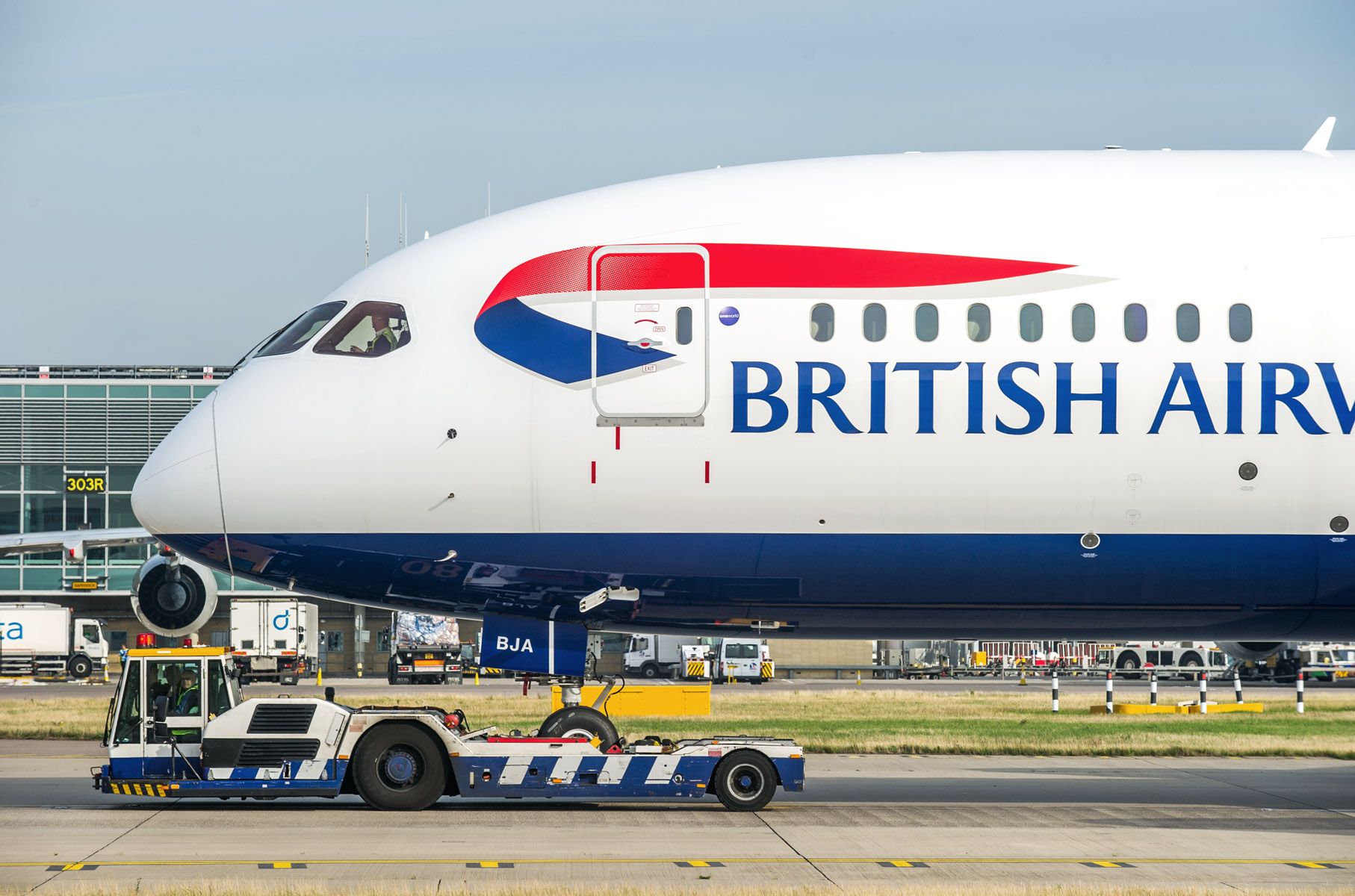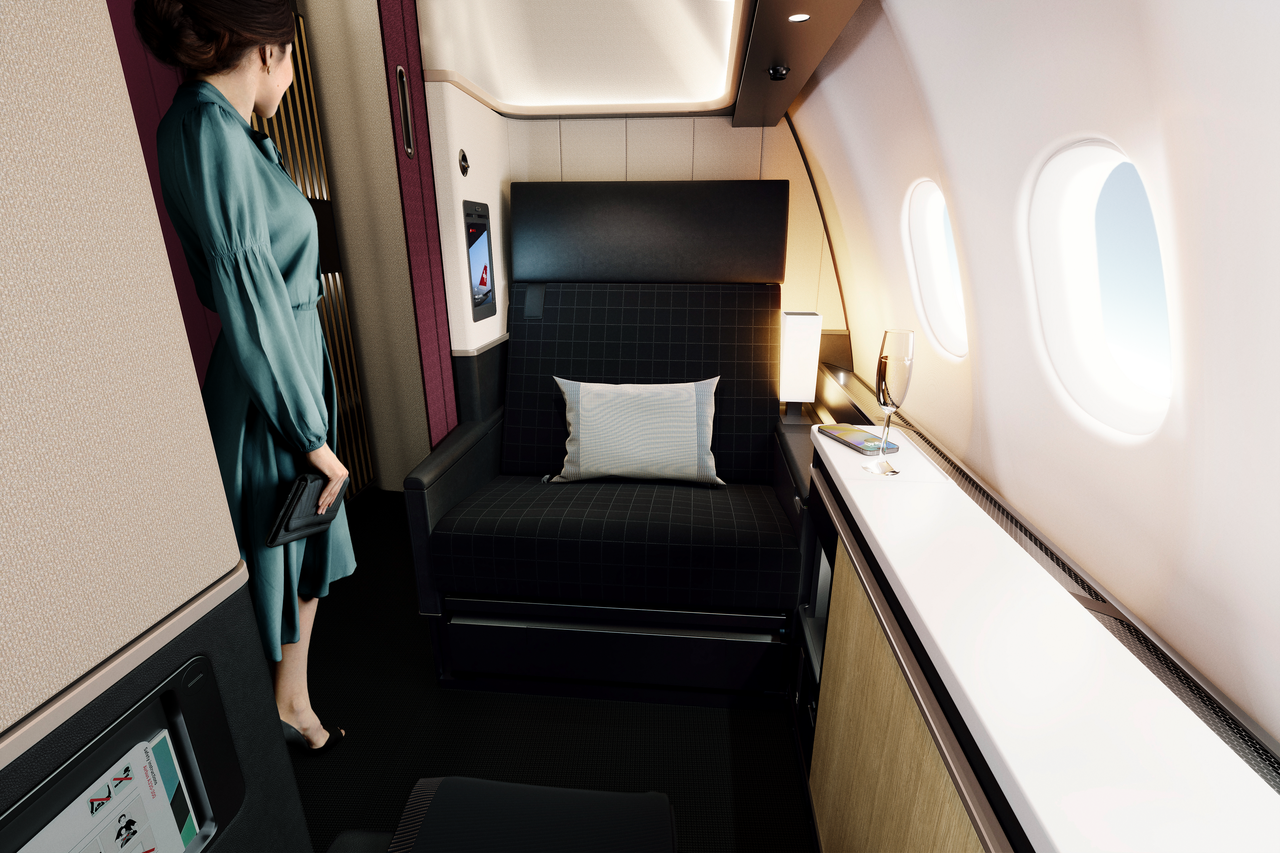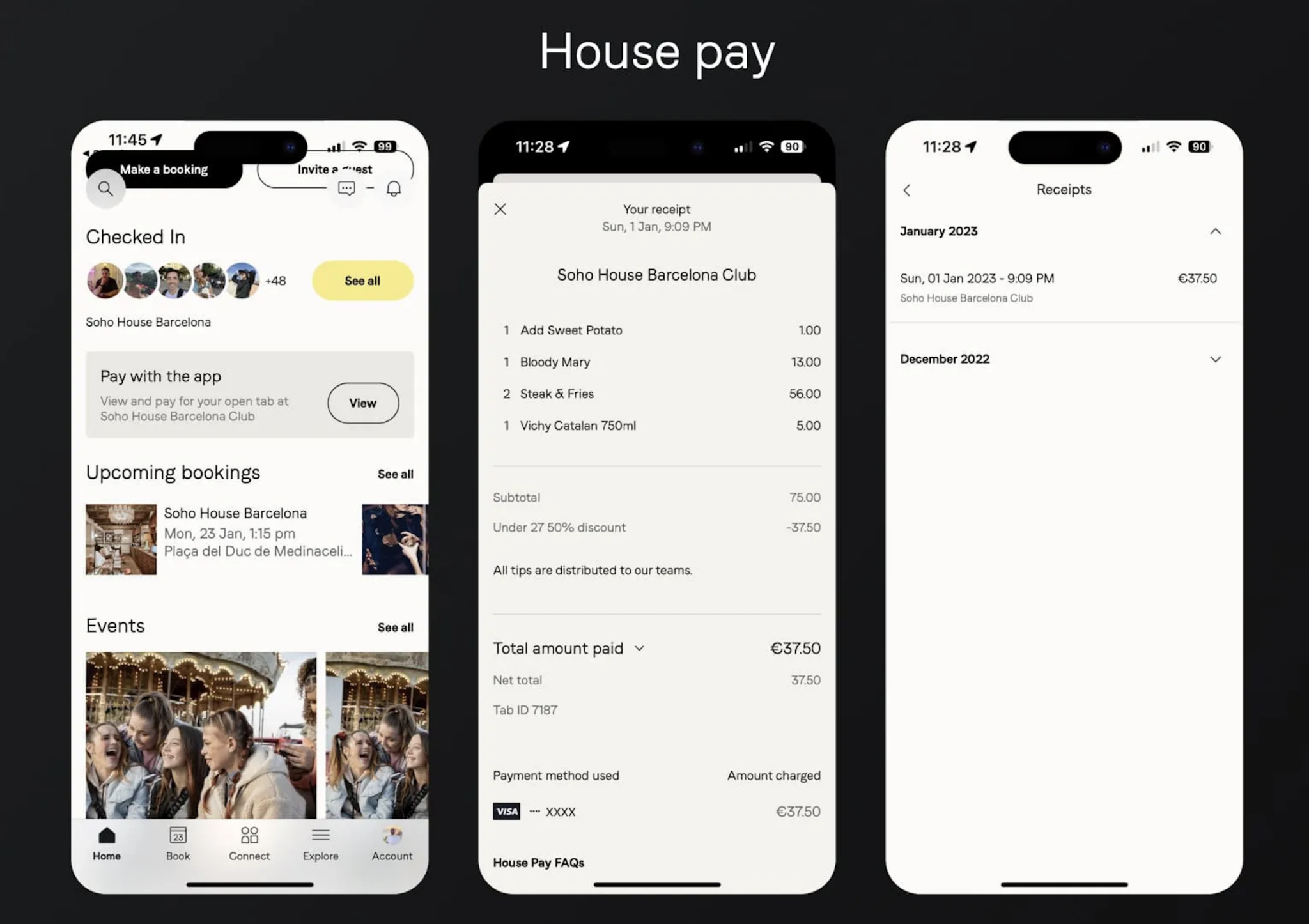Chefs+Tech: Resy Partners With Airbnb to Offer Restaurant Reservations to Travelers
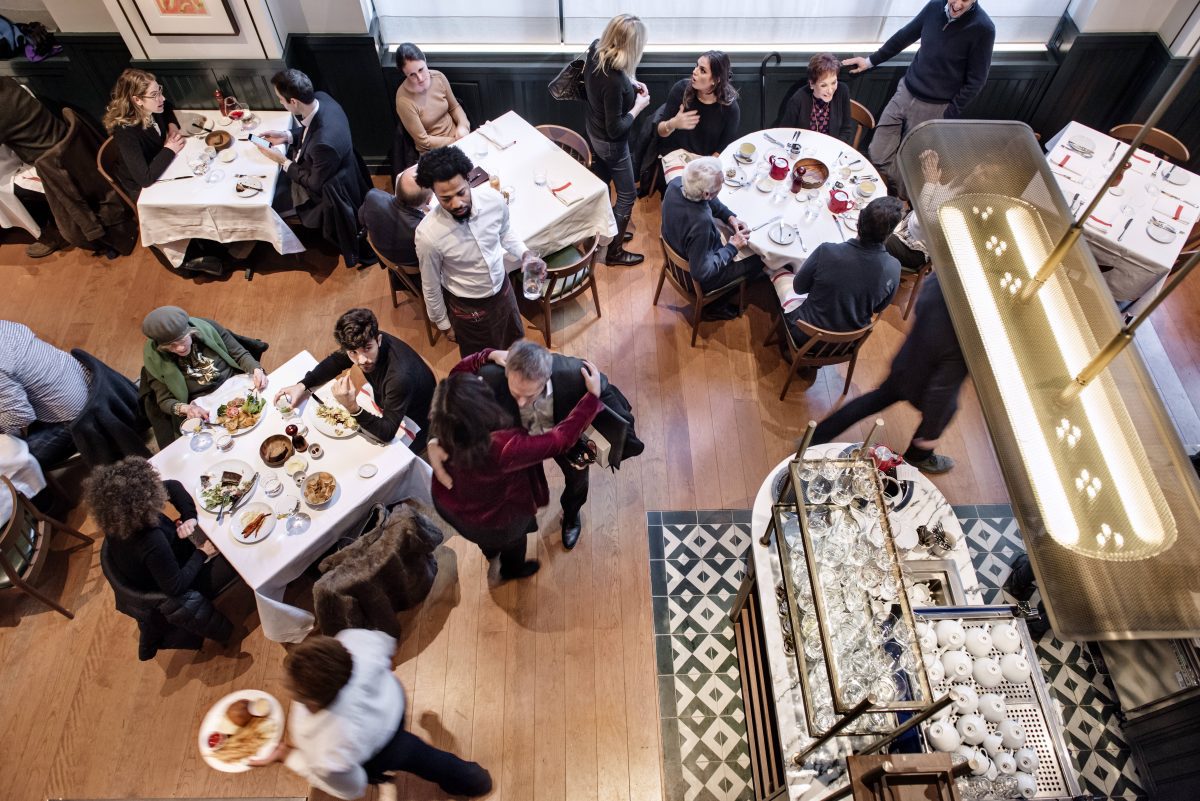
Skift Take
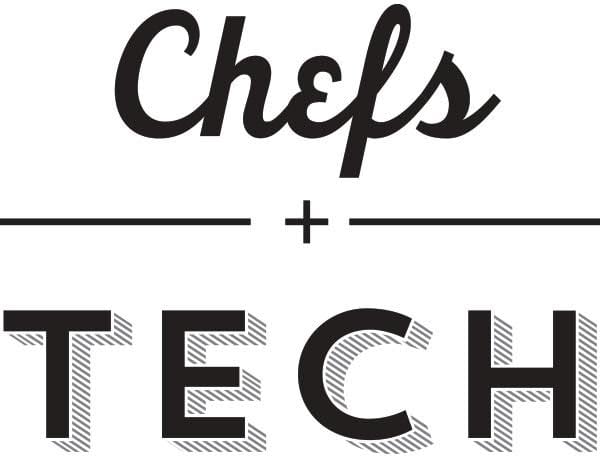 Editor’s Note: Last year we announced that Skift was expanding into food and drink with the addition of the Chefs+Tech newsletter.
Editor’s Note: Last year we announced that Skift was expanding into food and drink with the addition of the Chefs+Tech newsletter.
We see this as a natural expansion of the Skift umbrella, bringing the big-picture view on the future of dining out, being fanatically focused on the guest experience, and at the intersection of marketing and tech.
We publish C+T twice weekly.
Resy Partners with Airbnb to Offer Restaurant Reservations to Travelers
Wednesday, Airbnb and Resy announced they’ve teamed up to enable consumers to book restaurant reservations via Airbnb, on both the Airbnb mobile app and website. The reservations, powered by Resy, will initially encompass nearly 650 restaurants in 16 markets throughout the U.S. (Resy is currently in 80 cities and 1,000 U.S. restaurants total). Earlier this year, Airbnb lead a large round of funding for Resy, teasing plans for an integration. In May, the company started testing the functionality in San Francisco.
Wednesday marked the official rollout of the partnership in the U.S., aimed at travelers already using the Airbnb app. According to Airbnb, just over half of its customers are on international trips, and while they’re comfortable making online reservations, they may not know where to turn to do so. The real winners in this arrangement are Resy’s restaurant customers featured in Airbnb’s curated list of restaurants. Without having to do any additional marketing, they’re suddenly front and center with a brand new audience they may not have otherwise attracted.
This model isn’t new or particularly unique; Tripadvisor acquired European reservations giant La Fourchette in 2014, integrating reservations into its platform. Priceline acquired OpenTable, also in 2014, and is experimenting with product integrations. “We continue to test with placements within confirmation emails, and the ability to target diners based on whether they book on priceline.com,” OpenTable SVP of marketing, Scott Jampol, tells Chefs+Tech. “Priceline has millions of people sleeping in hotel beds every night, and all of them have to eat.”
Still, given the size and reach of Airbnb, offering guided access to reservations at just 650 restaurants total is a drop in the bucket compared to the scope of its product. This integration is just the beginning, though, so expect this partnership to grow and evolve. Much more on Chefs+Tech.
A Revised Path to Working in New York’s Top Kitchens
Restaurant labor is a hot topic right now, as it’s tied to politics, policy, and, most importantly, the welfare of those who cook for us. In an industry with razor-thin margins, jobs are traditionally low-paying and hours long. Traditionally, the way into a fine dining kitchen is either via a pricey culinary school or an unpaid internship, known as a stage. The New York Times tells the story of the new Stage NYC program, aimed at those 18 and older who may not be able to afford the high price of culinary school or the luxury of unpaid kitchen work, but still want the training and work experience that will land them in some of the city’s highest-end kitchens. The program is a mix of classroom and kitchen work in working, well-known NYC restaurants, with the goal of placing students — who are paid for their time — in restaurant kitchens after completing the program.
There are similar programs elsewhere in New York; chef Claus Meyer recently opened the Brownsville Community Culinary Center in Brooklyn, which also pays students a stipend for their time as it puts them through a 40-week training program. One difference, beyond the time commitment (12 weeks at StageNYC vs. 40 in Brownsville) is that BCCC operates its own community-focused restaurant, too.
While the restaurant industry grapples with evolving labor laws, rising minimum wages, and recruiting, training, and keeping kitchen talent, tapping into the city’s population — a population that is, by virtue of these programs’ missions, not currently working — will help move the industry forward in a town known for its dining scene. It will also provide highly marketable, useful skills for students, applicable to careers that can last decades.
Good News! 7-Eleven Is a Fast-Casual Restaurant Now, Too*
The prevalence and availability of high-quality food is nothing to mock, so this is good news, albeit it a little incongruous with my perception: 7-Eleven is offering “convenient, restaurant-quality meals” at stores in four metro areas in the U.S. (I was born and raised on the east coast, so Wawa and Sheetz are my jam and despite what anyone tells you, it is possible to love both of them equally.)
The new items, including perennial favorites chicken parm and macaroni and cheese, “were created with inspiration from Italian, homestyle, Asian, and Mexican recipes,” according to Food & Wine, and prepared daily with premium-quality ingredients. I don’t think that anyone would argue that a 7-Eleven is a fast-casual restaurant, but this move is yet another example of the blurred lines in convenience and fast food. As freshly prepared dishes and high-quality ingredients become standard, even at convenience stores, restaurants will continued to be defined by the style of service they provide.
*this is an exaggeration
Digestifs:
- MealPal announces $20 million in funding for its restaurant meal subscription service — TechCrunch
- 9 newsletters that make you smarter. Good news! You’re already at least 1/9th of the way there! — Fast Company
- Social media makes it easy to steal ideas from other restaurants — and easy to get caught. — EaterLA

